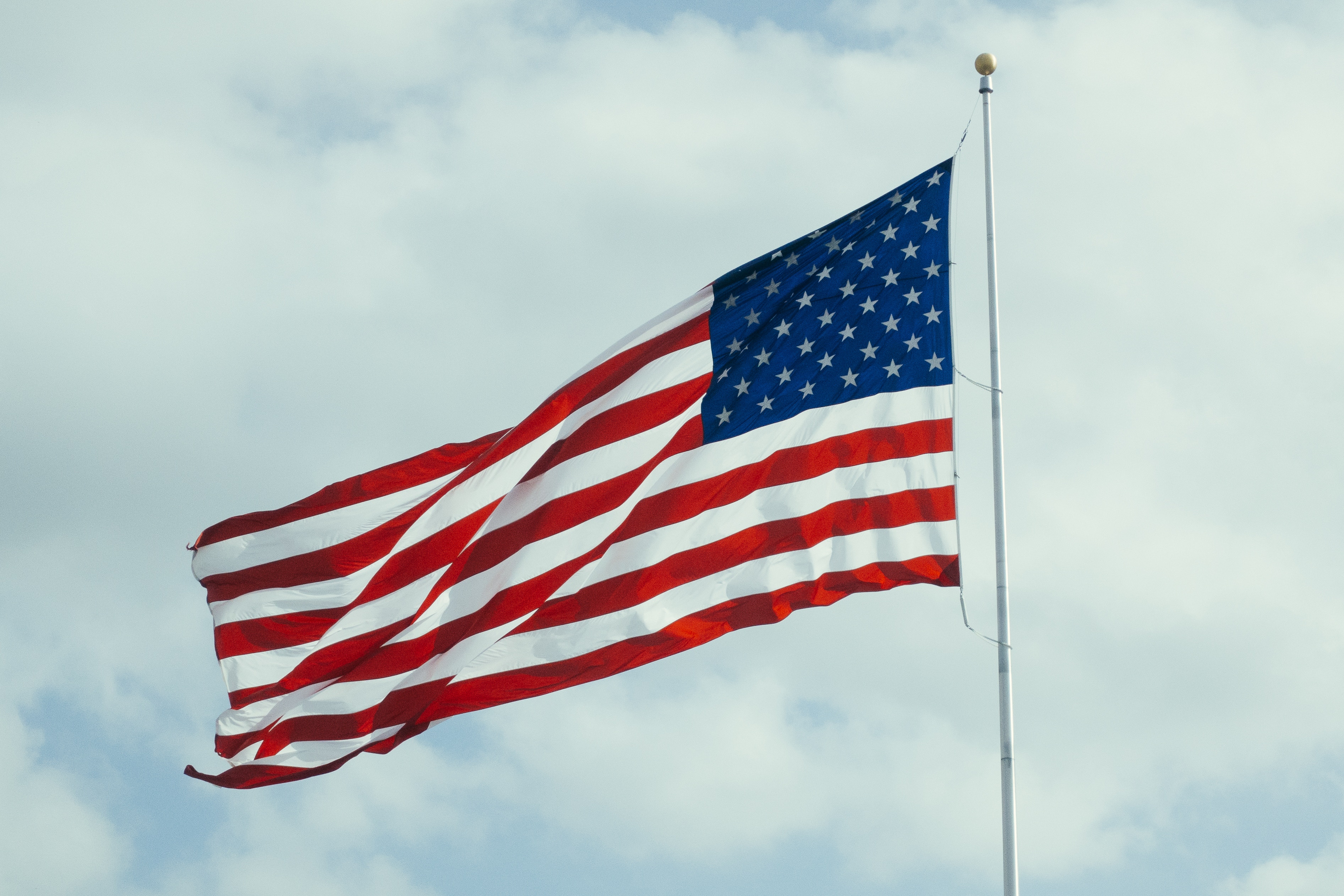The American Psychological Association (APA) has conducted the Stress in America survey for more than a decade. But the just-released 2017 findings reveal just how much a year of political turmoil under a highly unpredictable, Twitter-obsessed president has impacted us: our greatest source of stress is around the future of the nation, with nearly two-thirds of American surveyed saying they worry over it.
The Stress in America survey was conducted by the Harris Poll for the APA. A representative sample of 3,440 Americans over 18 years old answered questions about their stress in August. While on average our stress levels are the same as they were last year, in 2017 Americans are “more likely to report symptoms of stress, which include anxiety, anger and fatigue,” according to the survey.
Americans are still stressed out by the usual culprits like money, health care and crime. But the 2017 findings clearly reflect a population of people grappling with the stress of the unknown.
This stress impacts everyone, of all ages. For the first time since the survey has been conducted, older adults—over 72 years of age—are becoming more stressed out than they’ve been previously. Millennials are still the most stressed out generation, a trend that began in 2014.
Across generations, most people agreed that today’s political climate is strange, chaotic and stressful. More than half of people within all generations surveyed—this includes people who have lived through Pearl Harbor, World War II, the Vietnam War, the Cuban Missile Crisis and September 11—reported that they consider this to be the lowest point in U.S. history that they can remember.
Seventy-three percent of Democrats reported feeling stressed out about the future of the nation compared to 56 percent of Republicans and 59 percent of Independents, but generally, “We’re seeing significant stress transcending party lines,” Arthur C. Evans Jr., PhD, APA’s chief executive officer, said in the survey’s press release. “The uncertainty and unpredictability tied to the future of our nation is affecting the health and well-being of many Americans in a way that feels unique to this period in recent history.”
That’s no doubt influenced by how fast the news cycle moves, how much access we have to it and how much literal change occurs in the government daily.
Most adults (95 percent) said they followed the news regularly, but 56 percent of people said doing so causes them stress. Plus, 72 percent of people said they felt that the media blows things out of proportion. This comes at a time when our biggest and most-used social networks like Twitter and Facebook (and Google, too) are answering questions about their role in Russian election interference in front of the Senate and House intelligence committees.
“With 24-hour news networks and conversations with friends, family and other connections on social media, it’s hard to avoid the constant stream of stress around issues of national concern,” Evans said.
This trend will likely continue to grow, seeing as 20 percent of people said they check social media constantly compared to 17 percent who said the same thing in 2016, according to the survey. “Understanding that we all need to be informed about the news,” Evans said in the press release, “it’s time to make it a priority to be thoughtful about how often and what type of media we consume.”
Our stress is also literally keeping us up at night: nearly half of Americans (45 percent) reported sleeplessness at night in the past month as a result of stress, compared to 40 percent in 2016.
There are also important differences in who’s most stressed out. Since the APA began the survey, women have, on average, reported being more stressed out than men. One in four men reported being stressed about hate crimes, wars and conflicts with other countries, while women were significantly more likely to feel stressed about these same issues. Other important differences were around race: Black and Hispanic men reported significantly higher levels of stress compared to white men. Specifically, Hispanic adults were the most stressed about the future of the nation and 71 percent of Black adults said this is the lowest point in the nation’s history that they can remember.
Here’s the (relatively) good news: that same stress about the uncertainty and instability of our nation may be inspiring people to do something about it. Half of people surveyed reported that the state of the nation has encouraged them to volunteer or support causes that matter to them. More than half of Americans (59 percent) have taken some form of action in 2017, including things like signing petitions or boycotting companies or a product due to its actions or political views.
While you can’t control the chaos that is 2017, you can make adjustments to how you respond to it. The survey found that people turned to things like exercise, music and meditation to decompress, or turned to their friends for support. And as Evans pointed out, being mindful about how you’re consuming news—and making sure that news is true—is an important part of staying informed but not overwhelmed.
Read the whole survey findings here.


